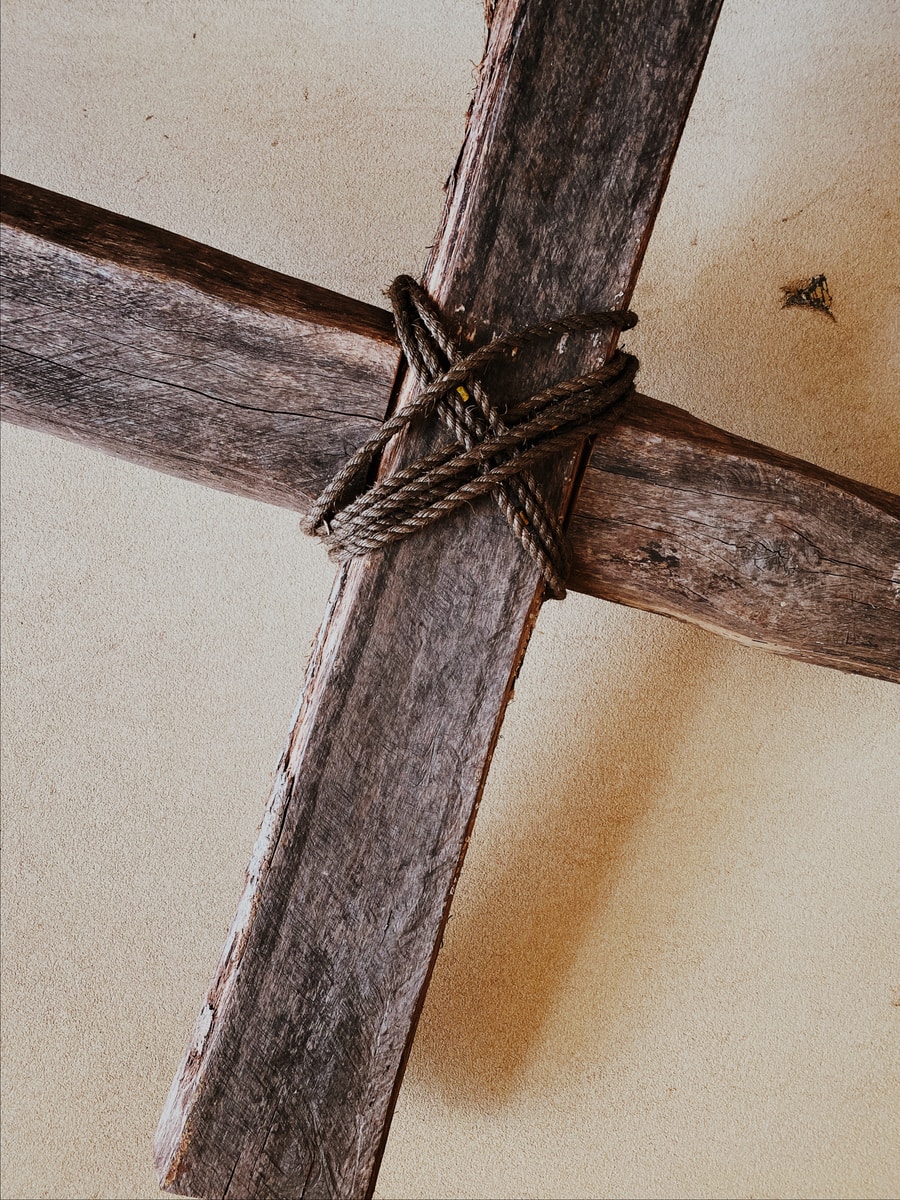Question number 26 is Charles Spurgeon’s catechism asks:
Wherein did Christ’s humiliation consist?
The answer is
Christ’s humiliation consisted in his being born, and that in a low condition, made under the law, undergoing the miseries of this life, the wrath of God, and the cursed death of the cross; in being buried, and continuing under the power of death for a time. (Luke 2:7; Galatians 4:4; Isaiah 53:3; Matthew 27:46; Philippians 2:8; Matthew 12:40)
No mere man underwent greater humiliation than Nabuchadnezzar. He ruled over all of Babylonia and was the most powerful and longest-reigning ruler of that great kingdom. Yet, God drove him from among men and made him dwell with the beasts of the field where he ate grass like an ox. His hair grew as long as eagles’ feathers and his nails were like birds claws (Daniel 4:28-33). What a humiliation! The reason that Nebuchadnezzar’s humiliation was so great, was because of the high position from which he descended.
Yet, Christ’s humiliation was even greater. He ruled over all of the universe from eternity past and “by him all things were created in heaven and on earth, visible and invisible, whether thrones or dominions or rulers or authorities–all things were created through him and for him” (Colossians 1:16). Yet, “God sent forth his son, born of a woman, born under the law” (Galatians 4:4). Jesus Christ “emptied himself, taking the form of a servant, being born in the likeness of men. And being found in human form, he humbled himself by becoming obedient to the point of death, even death on the cross” (Philippians 2:8). What a humiliation! Christ’s humiliation was greater than Nebuchadnezzar’s.
Nebuchadnezzar was humiliated for his sin, but Christ was without sin. Jesus submitted to humiliation for your sin. Nebuchadnezzar was humiliated against his will, but Christ willingly underwent humiliation. He willingly gave up his life for sinners. Nebuchadnezzar was humbled so that he would give God glory. Jesus was humiliated so that you could give glory to God as beloved children (1 John 3:1).
Joseph Hart’s (1712–1768) hymn is a powerful picture of the humiliation of Christ.
Great high priest we view the stooping
With our names upon thy breast;
In the garden groaning, drooping,
To the ground, with sorrow prest.
Weeping angels stood confounded,
To behold their maker thus:
And can we remain unwounded,
When we know ’twas all for us?
On the cross thy body broken,
Cancels every penal tie,
Tempted souls produce the token,
All demands to satisfy.
All is finish’d, do not doubt it,
But believe your dying Lord,
Never reason more about it,
Only take him at his word.
Lord we fain would trust thee solely,
‘Twas for us thy blood was spilt;
Praised bridegroom, take us wholly,
Take and make us what thou wilt.
Thou hast borne the bitter sentence
Past on man’s devoted race;
True belief and true repentance,
Are thy gifts, thou God of grace.
Dear brothers and sisters, may the humiliation of Christ arrest you and astound you. For Christ is Mighty God, yet he “did not count equality with God a thing to be grasped, but emptied himself, by taking the form of a servant, being born in the likeness of men. And being found in human form, he humbled himself by becoming obedient to the point of death, even death on a cross. Therefore God has highly exalted him and bestowed on him the name that is above every name, so that at the name of Jesus every knee should bow, in heaven and on earth and under the earth, and every tongue confess that Jesus Christ is Lord, to the glory of God the Father” (Philippians 2:6-11).




